- IHC contempt proceedings against PM stayed in Aafia Siddiqui case Dawn
- FCCP stays IHC proceedings in Dr Aafia Siddiqui case, halts contempt action Associated Press of Pakistan
- FCC bars contempt action in Dr Aafia Siddiqui matter Minute Mirror
- FCC…
Category: 1. Pakistan
-
IHC contempt proceedings against PM stayed in Aafia Siddiqui case – Dawn
-
Pakistan’s ranking in Transparency International index improves – Dawn
- Pakistan’s ranking in Transparency International index improves Dawn
- Pakistan’s ranking in global corruption perceptions index edges up; score rises to 28 Dawn
- From perception to performance Geo News
- Pakistan slides one spot on graft index
Continue Reading
-
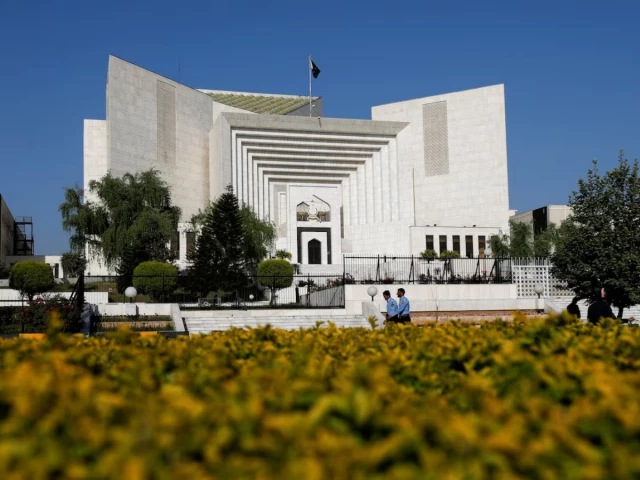
SC steps in to restore Imran’s legal access
Police officers walk past the Supreme Court of Pakistan building, in Islamabad, Pakistan April 6, 2022. REUTERS
…Continue Reading
-
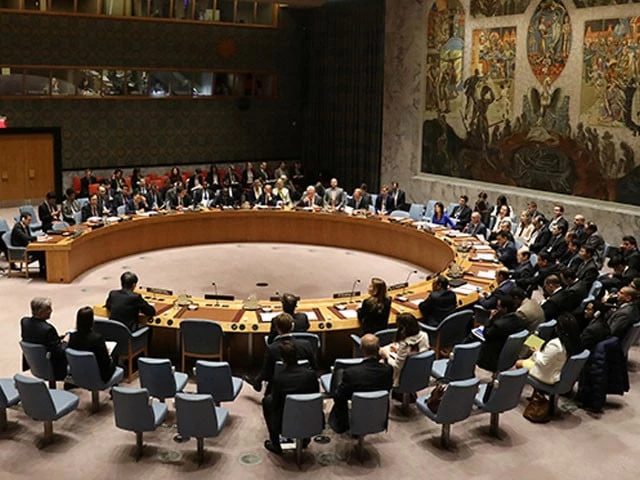
UNSC confirms rise in TTP attacks from Afghanistan
KARACHI:A United Nations Security Council (UNSC) report has said that…
Continue Reading
-
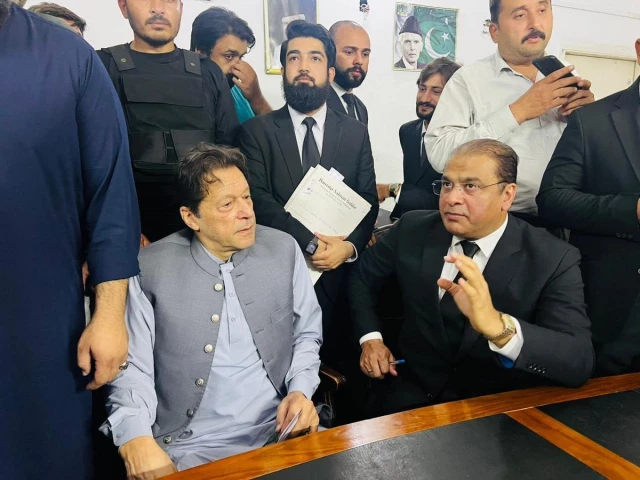
SC appoints Salman Safdar friend of court, orders access to Imran Khan
A file photo of PTI founder Imran Khan and Advocate Salman Safdar. — PTI USA OFFICIAL
ISLAMABAD:
…Continue Reading
-
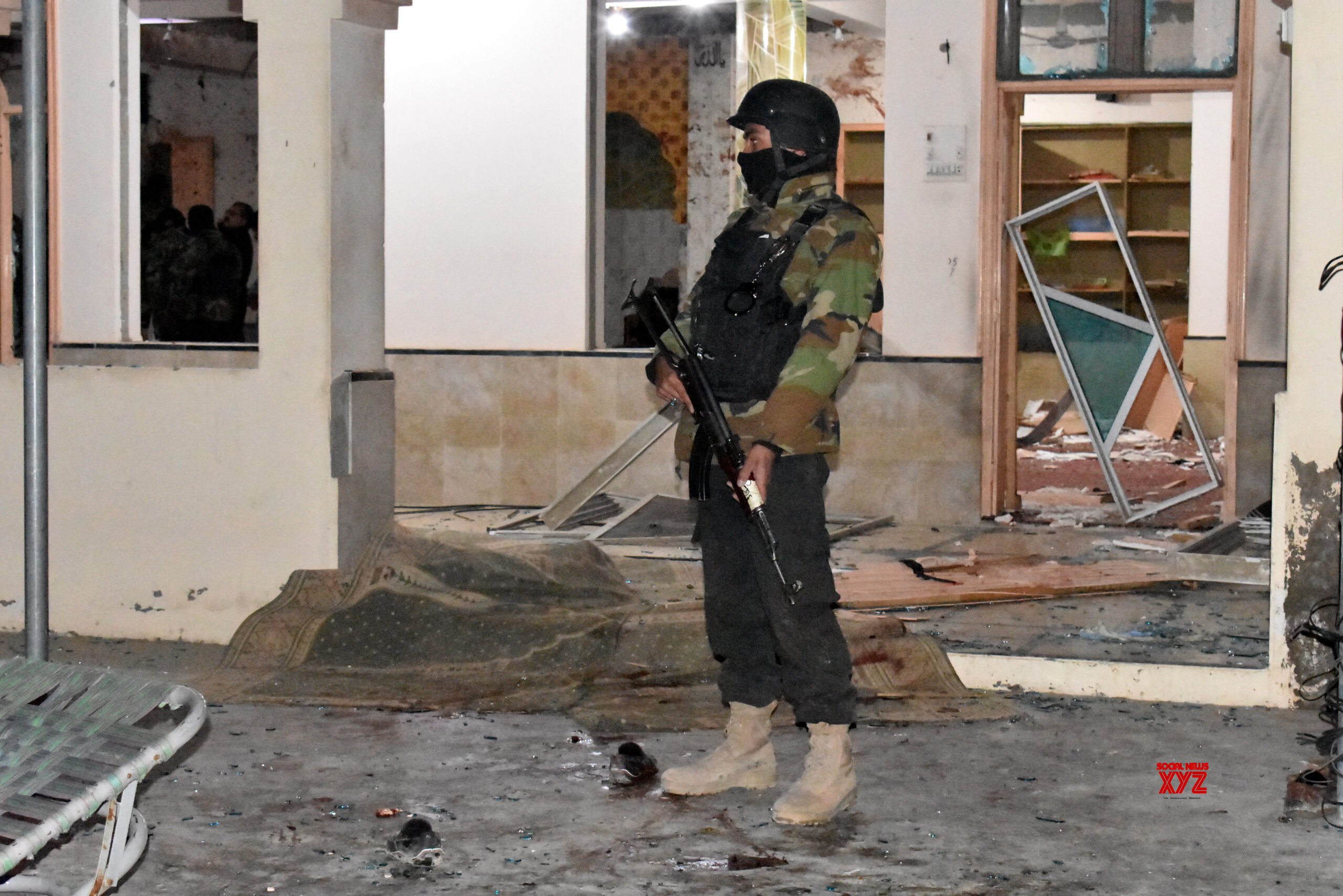
‘Operation Herof’ dismantled notion of Pakistan army’s supremacy in Balochistan: Report
Quetta, Feb 10 (SocialNews.XYZ) The second phase of ‘Operation Herof’ launched by the Baloch Liberation Army (BLA) showcased…
Continue Reading
-
Amicus curiae Salman Safdar meets PTI founder at Adiala jail – Business Recorder
- Amicus curiae Salman Safdar meets PTI founder at Adiala jail Business Recorder
- PTI lawyer Salman Safdar meets Imran at Adiala jail, says party founder appeared fine healthwise Dawn
- Amicus curiae at Adiala The Express Tribune
- SC defers decision on…
Continue Reading
-

Govt signals regulatory easing to Japanese firms
ISLAMABAD:Special Assistant to the Prime Minister for Industries and…
Continue Reading
-
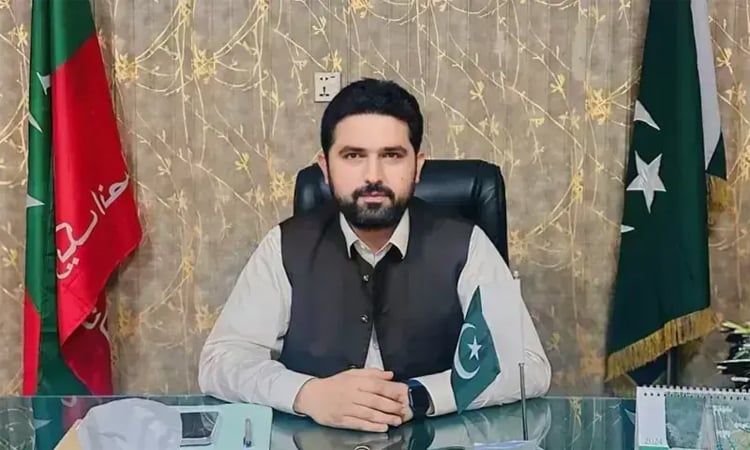
Non-bailable arrest warrant issued for KP CM Afridi in PECA case
Non-bailable arrest warrant issued for KP CM Afridi in PECA case – Daily Times
Continue Reading
-
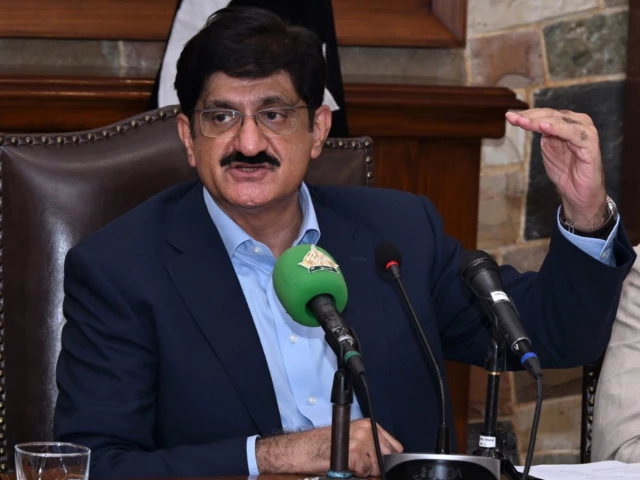
Sindh cabinet for expansion of forests in Indus Delta
Decisions include digital property registration for overseas Pakistanis, transfer of provincial e-stamping system
Sindh Chief Minister Syed Murad Ali Shah speaks during a press conference on Wednesday. Photo: NNI
…Continue Reading